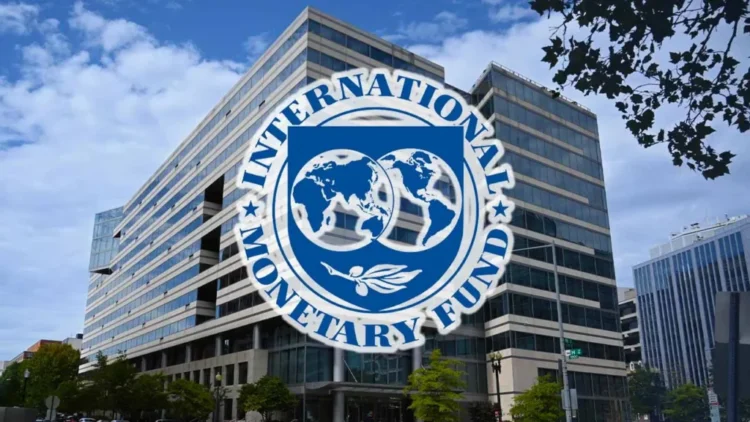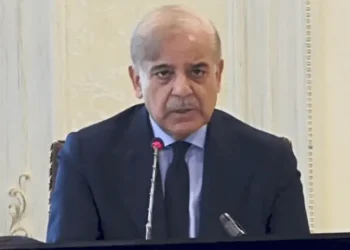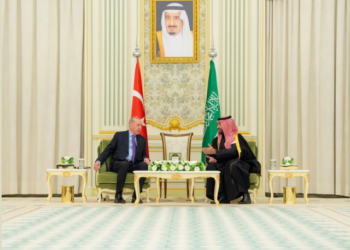ISLAMABAD: The International Monetary Fund (IMF) has directed Pakistan to completely halt fresh inflows into the circular debt from the current fiscal year onward, according to a report by Mehtab Haider published in The News.
Power Distribution Companies (Discos) remain a key source of losses, recording Rs265 billion in FY25 compared to Rs276 billion in FY24. Under-recoveries dropped sharply, standing at Rs132 billion in FY25 versus Rs315 billion in the previous year. The IMF was informed that a baseline tariff will take effect from January 1, 2026.
The National Electric Power Regulatory Authority (Nepra) is set to review interim tariff requests from eight Discos for FY2025-26, with firms seeking Rs455 billion in revenue. Sources noted this could translate into a tariff hike of around 2% to 4%, subject to Nepra’s final decision.
While eliminating all losses of Discos is seen as unrealistic, the IMF has pressed Pakistan to minimize losses as far as possible, with any remaining shortfall to be covered by budgetary subsidies.
On Friday, technical-level talks continued between the IMF mission and senior officials of the Power Division, where Pakistan shared details of its circular debt management plan. Authorities outlined a strategy to eliminate the debt stock over the next three to six years.
Circular debt stood at Rs1.614 trillion at the end of FY2025, down from Rs2.310 trillion in FY2023 and Rs2.394 trillion in FY2024. Subsidies for the power sector reached Rs1.225 trillion in FY25.
The government arranged Rs1.2 trillion through banks to reduce the circular debt to nearly Rs400 billion. Consumers will shoulder this burden via a surcharge of up to Rs3 per unit for the next five years.
Talks also addressed levies on captive power plants, tariff pass-through, and the rebasing mechanism. From FY2026, annual tariff rebasing will shift from July 1 to January 1.
Discos will be required to submit proposals in advance based on operational and financial requirements. Officials confirmed that amendments to Nepra’s legal framework are already underway to align with IMF conditions.
Between July and December 2024, Discos suffered operating losses of Rs283.7 billion, excluding subsidies. The worst-hit included Quetta (Rs92.65 billion), Peshawar (Rs53.68 billion), and Hyderabad (Rs39.63 billion).
Even previously profitable Discos such as Multan, Faisalabad, and Gujranwala reported net losses after subsidies, amounting to Rs35.17 billion, Rs13.12 billion, and Rs7.32 billion, respectively. Lahore, Islamabad, Sukkur, and Tribal Discos also slipped into losses. Quetta Disco alone recorded an EBIT loss of Rs60.36 billion, compounded by subsidies of Rs32.30 billion.
Former Finance Ministry advisor Dr. Khaqan Najeeb observed that persistent technical and commercial losses—averaging around 20%—stem from inefficiencies in billing, collection, and transmission.
He warned that the Rs300 billion in losses recorded between July and December 2024 could escalate to Rs600 billion annually without urgent reforms.
Dr. Najeeb stressed that the solution lies in stronger governance, technological upgrades, potential privatization or concession-based models, and timely tariff adjustments. He added that improving liquidity and clearing circular debt backlogs, as recently done by authorities, remains necessary in the short term.





































































